To the Presbyterian Church USA, The General Assembly, and the coordinating committee, I offer my sincere thanks for this opportunity to share, worship, and reflect together. I pray that this message helps us to grow and continue on our journey to be the church we are called to be.
Growing up, I would have never imagined that I would be sharing with a group like you today. I grew up in a community where families struggled for food, security, and housing. Many of my neighbors were migrants from the mountains to the city, strangers in their own land, and many were sick and struggled for access to see doctors and pay for essential medicines.
My family also moved for better opportunities. My grandmother fled her hometown between mountains to the amazon where she worked the land as a farmer. My parents left the countryside for the big city to complete their education and even my own journey from the big city in Peru, I traveled to Costa Rica to study theology and later to the United States where I became a member of the Presbyterian Church and a ruling elder. I experienced three generations of my family, thousands of miles of moving from East to West and then South to North. This movement has often made it hard to find a place to call home. However, one of the memories that have endured through the generations has been being a part of Christian communities wherever we were, because these communities felt like home.
Despite hardships, I grew up in a family that held faith in God, worked hard and lived in solidarity. These were the essential keys in order to live with hope in the middle of troubled times. Indeed, the Bible was the foundation of my grandmother’s faith. My grandmother attended church in her village in the Andes, and it was there at the age of 30 that she learned to read. As part of the native population with no access to education, the church was one of the few places she was welcomed and encouraged to learn, this was her beloved community. In the same way decades later when I move to the United States, as a new immigrant, the Bible helped me to learn English. Every day reading a passage of my bible in English and in Spanish helped me to develop an understanding not only of the language but to hear God’s message anew.
In the meantime, more than a decade later, here I am, as my grand mother and my parents, being a part of a community of faith, my extended family and group of believers gathering to hear the message of God.
One of my favorites passages in the Bible comes from the Gospel of Luke. This text has always been important to me, and I would like for us to reflect on in it for a few moments today. Let us read Luke 4: 18 – 21 where Jesus’ public ministry begins.
“The Spirit of the Lord is on me, because he has anointed me to proclaim good news to the poor. He has sent me to proclaim freedom for the prisoners and recovery of sight for the blind, to set the oppressed free, to proclaim the year of the Lord’s favor.” Then he rolled up the scroll, gave it back to the attendant, and sat down. The eyes of everyone in the synagogue were fastened on him. He began by saying to them, “Today this scripture is fulfilled in your hearing.”
Jesus was reading from Isaiah 61:1-2, a prophetic passage. I imagine how Jesus felt reading this scripture and sharing his identity with those in attendance. I am sure that some in the crowd, some may have heard the passage many times before, and maybe didn’t even notice that Jesus was amongst them.
What a message to all the people! And I am sure there were plenty of questions:
Isn’t this the son of the carpenter?
Is he really reading this passage?
Isn’t that Joseph’s son that was born in Palestine who escaped and migrated to Egypt???
He is here to bring freedom?
Does he really bring good news to the poor?
I am sure others in the crowd had many more questions.
When we read this Scripture, what do we think? Who are we in this story? Are we proclaiming the good news, are we receiving it, or are we those in the crowd just questioning what this man Jesus is talking about?
How can we, the church, receive this message during this 225th General Assembly?
We are a church that is slowly reopening its doors after more than two years of a pandemic. A church that is slowly beginning to think about its historical legacy and role in oppression. We are indeed a community of faith that is at a decision moment.
Perhaps we have forgotten that often we are blind, poor, and prisoner too. And yes, this is a challenge for many of us. Because this land has a painful past of captivity, impoverishment, and lack of vision to address social problems.
How can we navigate this passage with all the weight of history?
Many people understand the church from the concept of community. A group of believers with a heart composed of faith that embraces all Jesus’ message of liberation, diversity, preaches God’s good news, and has love, compassion, and cares for people in need. However, the church’s history shows us that there has been a continual struggle to be that community that practices God’s good news.
We know it is not easy being an open, ecumenical, and diverse church of God in the United States.
How are we living God’s callings to serve the poor, migrant, and refugee and welcome “the other” to our community? How can we preach a faith embedded in liberation without practicing it in our community?
Our denomination, like many others, is struggling with the long history of exclusionary practices or simply neglecting societal problems as we seek greater diversity within our community. Or sometimes becoming so legalistic in scope that we forget the heart of compassion in the work we aim to do.
Our theological knowledge struggles to maintain an honest reflection; God is manipulated, the life of our active community is reduced, our thoughts become limited, and our actions are chosen. When a community is reduced to only one ethnic minority/majority, everything of God’s understanding is at risk. The church often finds comfort in its traditions. Unfortunately, this leads to isolation from a more diverse society in this struggle.
Here is our call today. The church is trying to understand what it means to be a real community in this day and time. To transition to a better place, we must recognize our failures. Through a process of honest reflection and lament we can begin the process. Lament helps us express sorrow for the past and allows us to see the future with hope.
The church in the United States has so much to offer. Our theological experience and reflections can help us open the door to move to a better place as a community, a place of healing, acceptance, growth, and liberation. If we read carefully Jesus is also speaking to us, his church. Rather than envision ourselves as the proclaimers, we must see that we are the ones that need freedom.
God’s church must hear and receive this message. Today our church received these words and believed them. Today we embrace the Spirit who is on us and guiding us to leave behind the discriminatory practices of the past as we recognize our struggle to welcome the other. As God’s church, we can be set free to evolve into a community of faith that welcomes the Spirit.
As my grandmother found in her local church a beloved community where she learned how to read and received freedom under colonialized history of exclusion to native population. We can today also receive freedom from the past and embrace inclusionary practices.
Today let us, in the United States be a church who learns, practices and teaches reflection and healing.
-Let us be a church that responds to Jesus’ message.
-Let’s bring to the table a diverse multi-ethnic community with different ancestral memories, languages, and spiritual practices hand in hand.
Together, we can join in saying, “Today, this scripture is fulfilled in your hearing.”
My brothers and sisters may God’s peace keep and guide you.
May we join hands together to respond and be an inclusive community of faith.
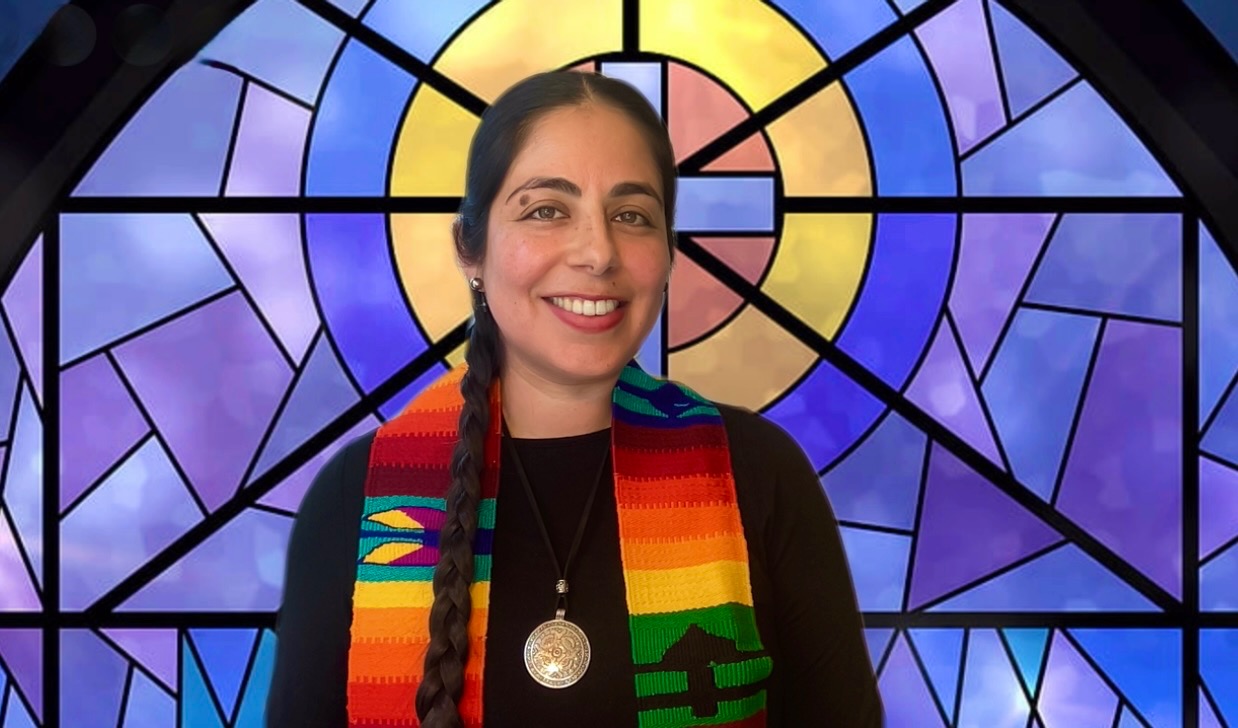
Psychologist and Public Theologian. Yenny Delgado is a native descendant, and has a deep appreciation of her cultural roots. Yenny has worked with social movements and local churches for over a decade, advocating for improved gender equality and ending racism in the Church. She is a ruling elder in the Presbyterian Church USA and founder of PUBLICA (www.publicatheology.org). Currently, she is a doctoral student in Science of Religion at the University of Lausanne, Switzerland.

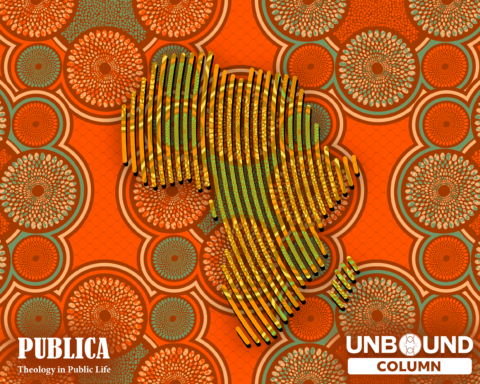
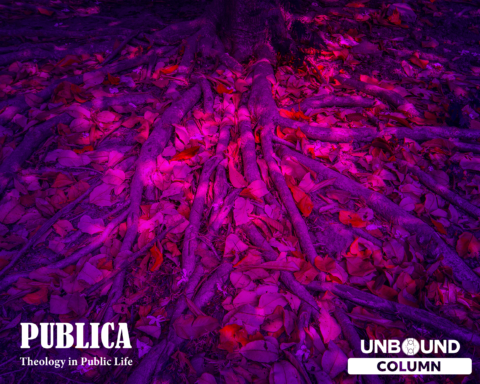
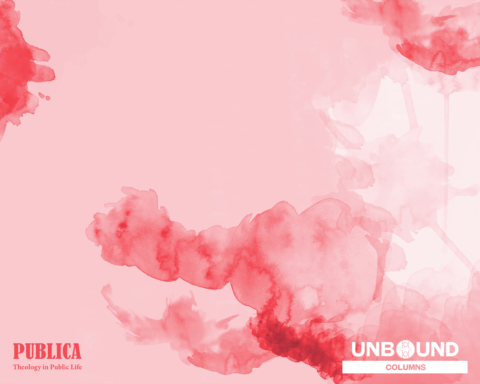
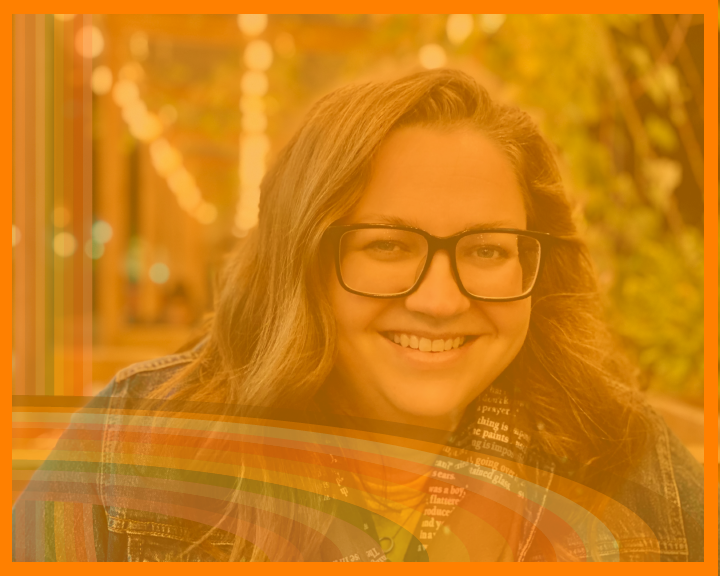
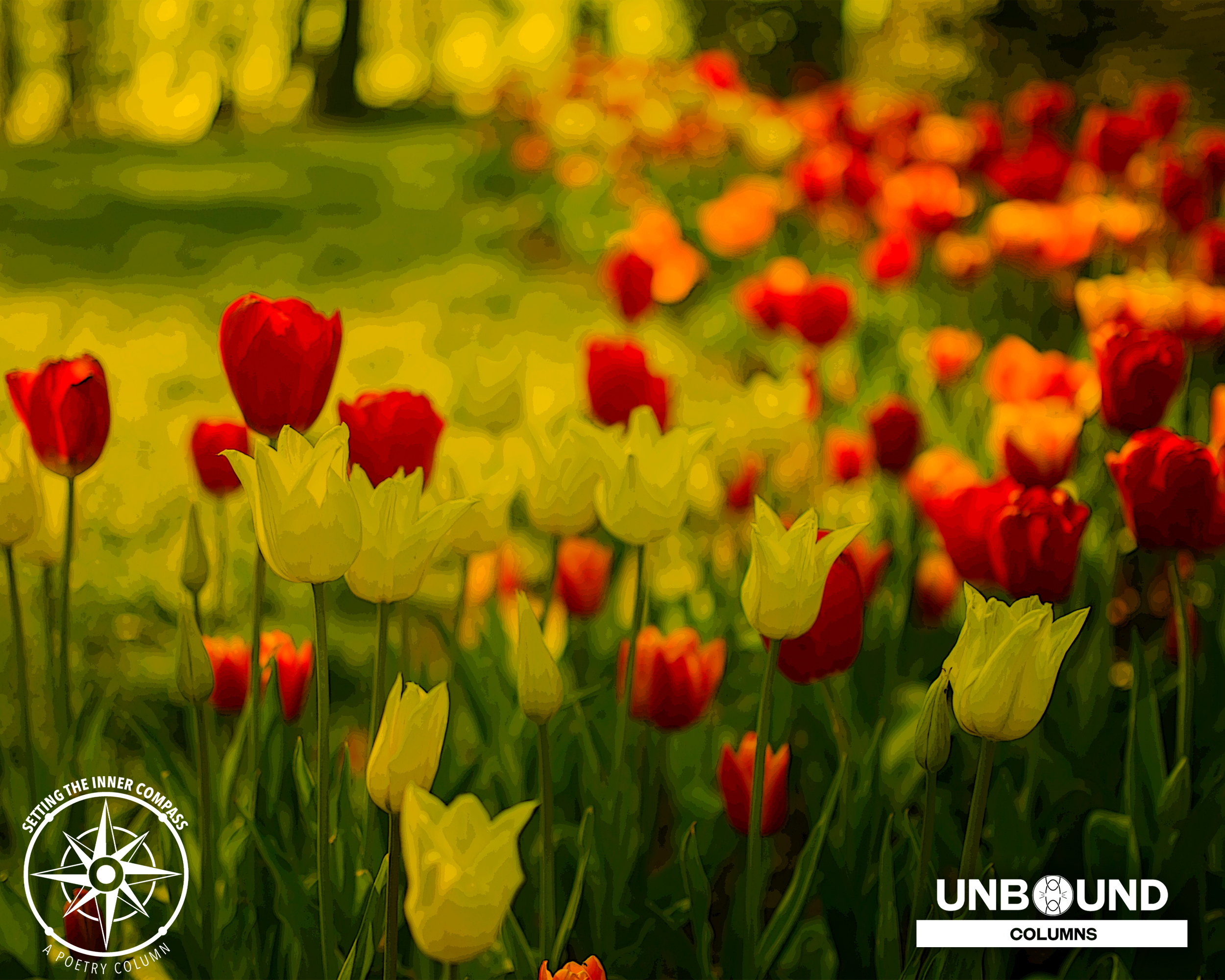
Unbound Social